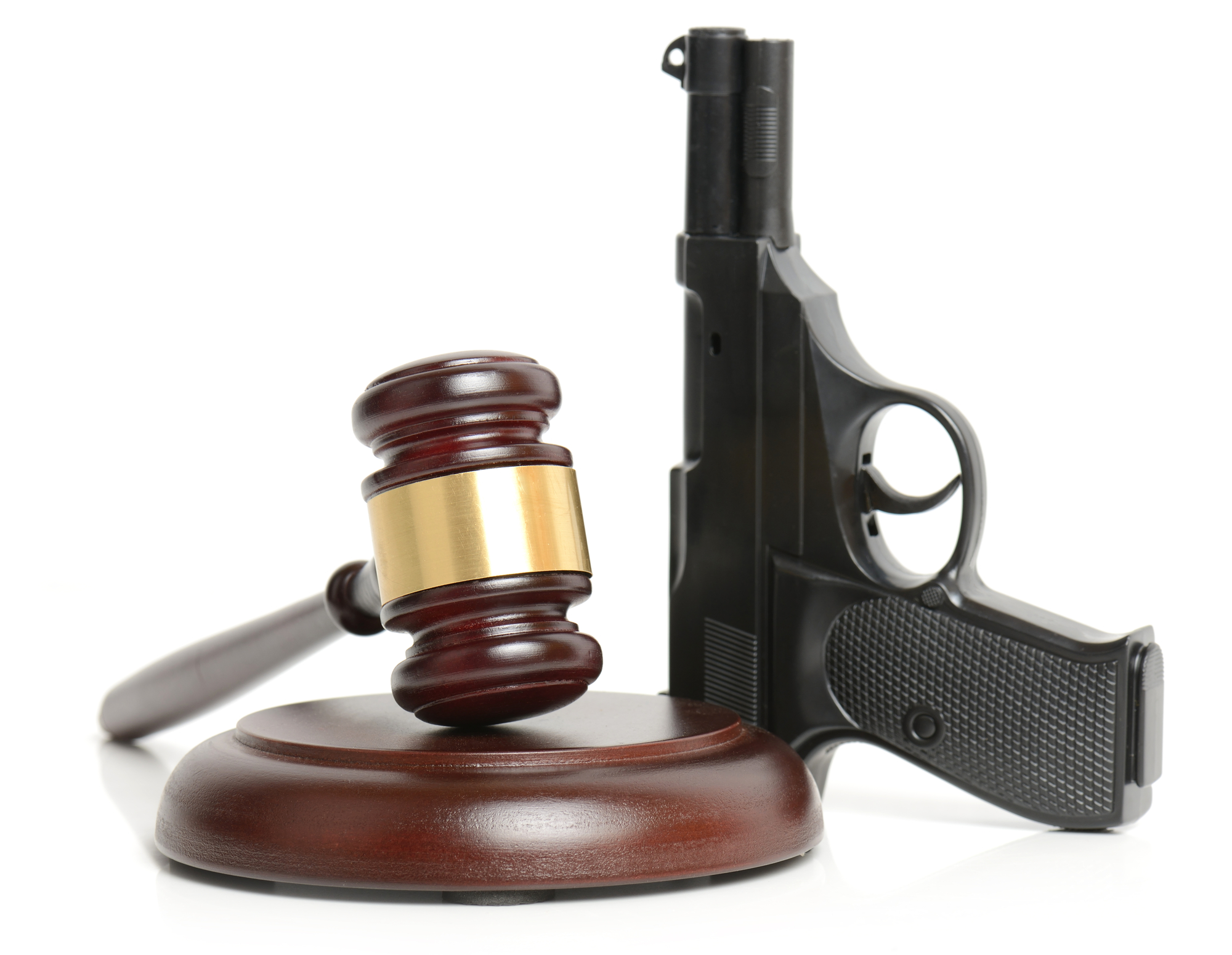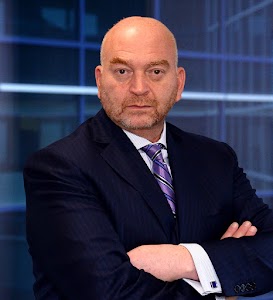You live in the Greater Edmonton area. The police are called to your house by an unidentified individual. You answer all the questions that the officers pose to you, and you are confident they will soon leave. But, as the interview ends, one of the officers asks if you own a firearm. When you reply yes, you are asked for the weapon’s license and registration but cannot remember where you put these documents.
The officers inform you that you must surrender your weapon. They take the weapon and depart, leaving you confused and uncertain about what just occurred and what to do next.
If something like this just happened to you, your next step must be to contact a skilled and experienced firearms criminal defence lawyer who will advise you about your rights and the steps that must be taken to get your weapon back. Fortunately, such an experienced law firm exists in Edmonton.
At Chadi & Company, we know how to chart a strategy that leads to the return of your gun. We will work diligently on your behalf and use our extensive knowledge of the legal system to give you the best chance of reclaiming your weapon.

Can a Police Officer Confiscate Your Gun?
The simple answer is that the police can confiscate your gun or weapon if they have reasonable and probable cause. They will do so if sufficient time is available, pursuant to a lawfully obtained search warrant. They can do so without obtaining a search warrant if insufficient time is available due to exigent circumstances.
What are Canada’s Gun Confiscation Laws?
Firearms in Canada are regulated by two federal laws: the Criminal Code and the Firearms Act. The Criminal Code categorizes firearms as being non-restricted, restricted, or prohibited. The Code permits the following items to be seized: guns, weapons, imitation weapons, ammunition, prohibited ammunition, and an explosive substance. The following are instances in which the police can confiscate your firearms:
- If a weapon was in your possession at a time, you were charged with committing a criminal offence;
- If the officer believes that the offence that was committed involved a firearm;
- If the weapon in your possession was not properly licensed or authorized;
- If the officer had articulable concerns about your ownership of a gun and the general safety of the public;
- If the officer had concerns regarding your mental health, your ownership of a gun, and the safety of the general public;
- If the officer had concerns that you were handling or have handled the gun recklessly or carelessly;
- If the officer had concerns that the weapon might be used to commit an act of domestic violence; and
- If the officer had probable cause at the time of a search of your home, vehicle, or person to believe that the gun being seized met any of the above conditions.
The following are instances in which the police cannot confiscate your firearms:
- Section 8 of the Canadian Charter of Rights and Freedoms emphasizes that “Everyone has the right to be secure against unreasonable search and seizure.” Accordingly, the police cannot confiscate your firearms if they cannot demonstrate by clear evidence that they had a probable or reasonable belief that the conditions permitting the seizure of a weapon did exist.
What Happens to Confiscated Guns and How Do I Get them Back?
The fate of a gun seized and confiscated by the police depends upon the underlying reason for the confiscation. If your gun was seized due to an invalid permit or license, you must make an application within 14 days of the seizure for the return of the gun. In making the application, you must produce a valid license, permit or registration certificate. If you fail to produce such documentation, the police officer may take the gun to court, where if you continue to be unable to produce a valid license, the gun is subject to forfeiture and eventual disposal by the Crown.
In other circumstances, if your gun was seized for safety reasons and no criminal charges were filed against you, the officer must file an application within 30 days. If the officer does not do so, your gun will be returned to you. If the officer does file such an application, a hearing will be held, the result of which will either be that the gun is returned to you, or that the gun will be forfeited to the Crown. In addition, the tribunal may issue an Order that will prevent you from owning or possessing a firearm for a period that can be no greater than five years.
If criminal charges were filed in connection to the seizure of your gun, the process becomes more difficult as the Government must only show that in the interest of safety, the gun should not be returned to you. If it is determined that your gun was used in the commission of a crime, your gun will be permanently forfeited to the Crown.
What Can a Firearms Lawyer Do To Help Me?
Individuals who have had their guns and firearms seized generally do not know how to reclaim them. They lack knowledge about whether the search was lawfully conducted, whether their rights may have been breached, and the application time deadlines that must be met to return their firearms. They also lack knowledge about how to prevent the permanent forfeiture of their gun. If they have been criminally charged in connection with the seizure, they almost certainly lack knowledge as to how to defend themselves.
A skilled and experienced firearms lawyer knows the answer to these questions and myriad others that will inevitably arise in your case. A talented lawyer will be able to assess your case and hopefully help you to get your gun back promptly. If a Court finds that you are not entitled to possess a firearm, a skilled lawyer will advance arguments as to why your weapon should not be permanently forfeited. Finally, the need for such a lawyer becomes even greater if criminal charges have been filed against you in connection to the seizure and you face potential imprisonment.
At Chadi & Company, our skilled lawyers have great experience and acumen in this complex field of law. We are dedicated to helping our clients. Contact us for a consultation.






